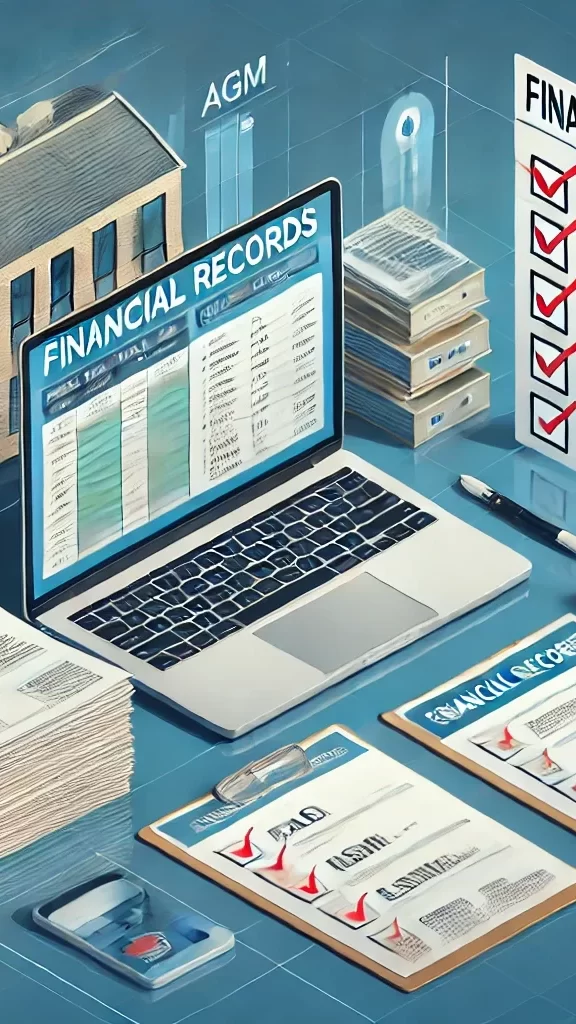Self-managed buildings offer flexibility and control, but the complexities of compliance can easily lead to costly mistakes. These mistakes can result in legal penalties, financial trouble, and disputes among owners. In this post, we’ll explore the most common compliance errors self-managed committees make and provide practical tips on how to avoid them.
1. Missing or Late Annual General Meetings (AGMs)
One of the most frequent mistakes in self-management is failing to hold the AGM on time or not providing enough notice.
- What Happens: Missing an AGM or failing to provide the required notice can lead to legal complications and a lack of transparency. Owners may feel excluded from key decision-making processes, eroding trust.
- How to Avoid It: Set recurring reminders to schedule your AGM well in advance. Ensure that notices are sent out within the legally required timeframe and with a clear agenda.
- Best Practice: Use a digital calendar or project management tool to track AGM dates and deadlines.

2. Inaccurate or Incomplete Financial Records
Many self-managed committees struggle with accurate financial reporting, leading to mistakes in budgeting and levy collection.
- What Happens: Poor financial records can result in missed payments, unapproved expenditures, or even disputes between owners about how funds are used.
- How to Avoid It: Implement a system for tracking all income and expenditure, from levies to maintenance costs. Regularly reconcile your accounts and keep a set of financials with a minimum of profit and loss, and levy arrears register to ensure accuracy.
- Best Practice: Use accounting software tailored for body corporate management to streamline the process and reduce human error.
3. Neglecting Insurance Needs
Insurance is a critical area that often gets overlooked or inadequately addressed by self-managed committees.
- What Happens: Insufficient or outdated insurance coverage can expose the building to significant financial risk in the event of damage or injury.
- How to Avoid It: Regularly review your insurance policies to ensure they reflect the building’s current value and risks. Check that the coverage meets all legal requirements and provides sufficient protection for common areas and public liability.
- Best Practice: Hire an insurance broker specialising in body corporate insurance to get the right coverage and avoid common pitfalls.
4. Inconsistent or Poor Record-Keeping
Record-keeping is foundational to effective self-management, but it’s a common area where committees fall short.
- What Happens: Poor record-keeping can lead to a lack of transparency, missing documents, and difficulties in resolving disputes or providing required information.
- How to Avoid It: Establish a centralized system for storing all essential documents, including meeting minutes, correspondence, financial records, and contracts. Ensure records are updated promptly and securely backed up, either digitally or physically.
- Best Practice: Invest in a dedicated body corporate management platform to maintain organised, easily accessible records and automate compliance tasks, or use a shared service like Google Drive.